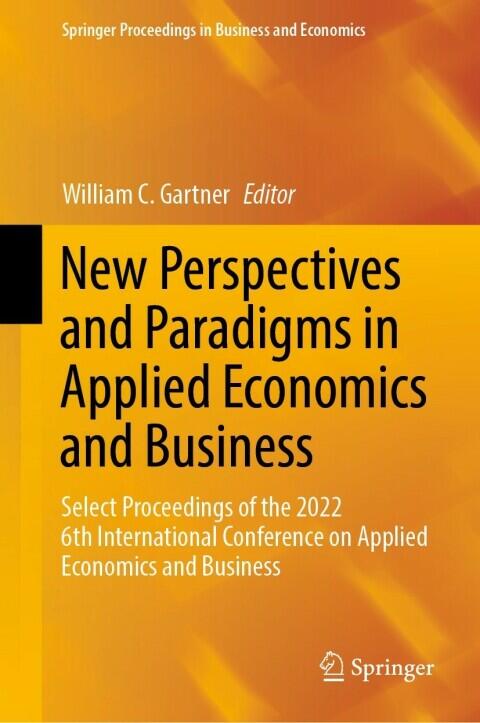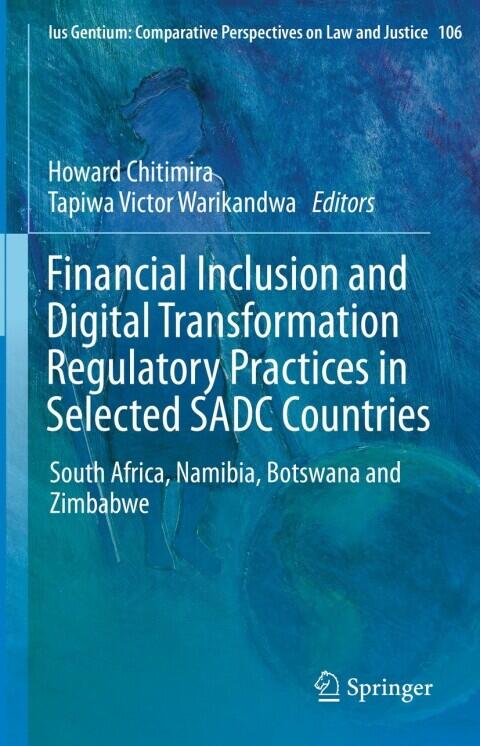
Tourism Development in Post-Soviet Nations: From Communism to Capitalism
아직 평점이 없습니다
Business & Economics
Travel
형식
킨들
페이지
279
언어
독일어
출판됨
Jan 1, 2020
출판사
Palgrave Macmillan
판
1st ed. 2020
ISBN-10
3030307158
ISBN-13
9783030307158
설명
This insightful analysis delves into the complex transition of post-Soviet nations as they navigate the shift from communist policies to a capitalist framework, particularly in the realm of tourism development. With an emphasis on the unique challenges faced by these countries, it examines the transformation of their tourism industries and how they are marketing themselves to a global audience.
Cánovas uncovers the socio-economic ramifications of this shift, highlighting the intricacies of cultural heritage, infrastructure development, and government regulation. Each nation’s quest for identity in the wake of significant political change is illustrated, demonstrating how they strive to balance historical preservation with the demands of modern tourism.
Additionally, the work emphasizes the significance of strategic planning and international collaboration in ensuring sustainable tourism practices. The author offers a comprehensive perspective on how former Soviet states are reinventing their tourism sectors to attract and engage travelers, ultimately reflecting broader themes of resilience and adaptation in the global landscape.
Cánovas uncovers the socio-economic ramifications of this shift, highlighting the intricacies of cultural heritage, infrastructure development, and government regulation. Each nation’s quest for identity in the wake of significant political change is illustrated, demonstrating how they strive to balance historical preservation with the demands of modern tourism.
Additionally, the work emphasizes the significance of strategic planning and international collaboration in ensuring sustainable tourism practices. The author offers a comprehensive perspective on how former Soviet states are reinventing their tourism sectors to attract and engage travelers, ultimately reflecting broader themes of resilience and adaptation in the global landscape.



















